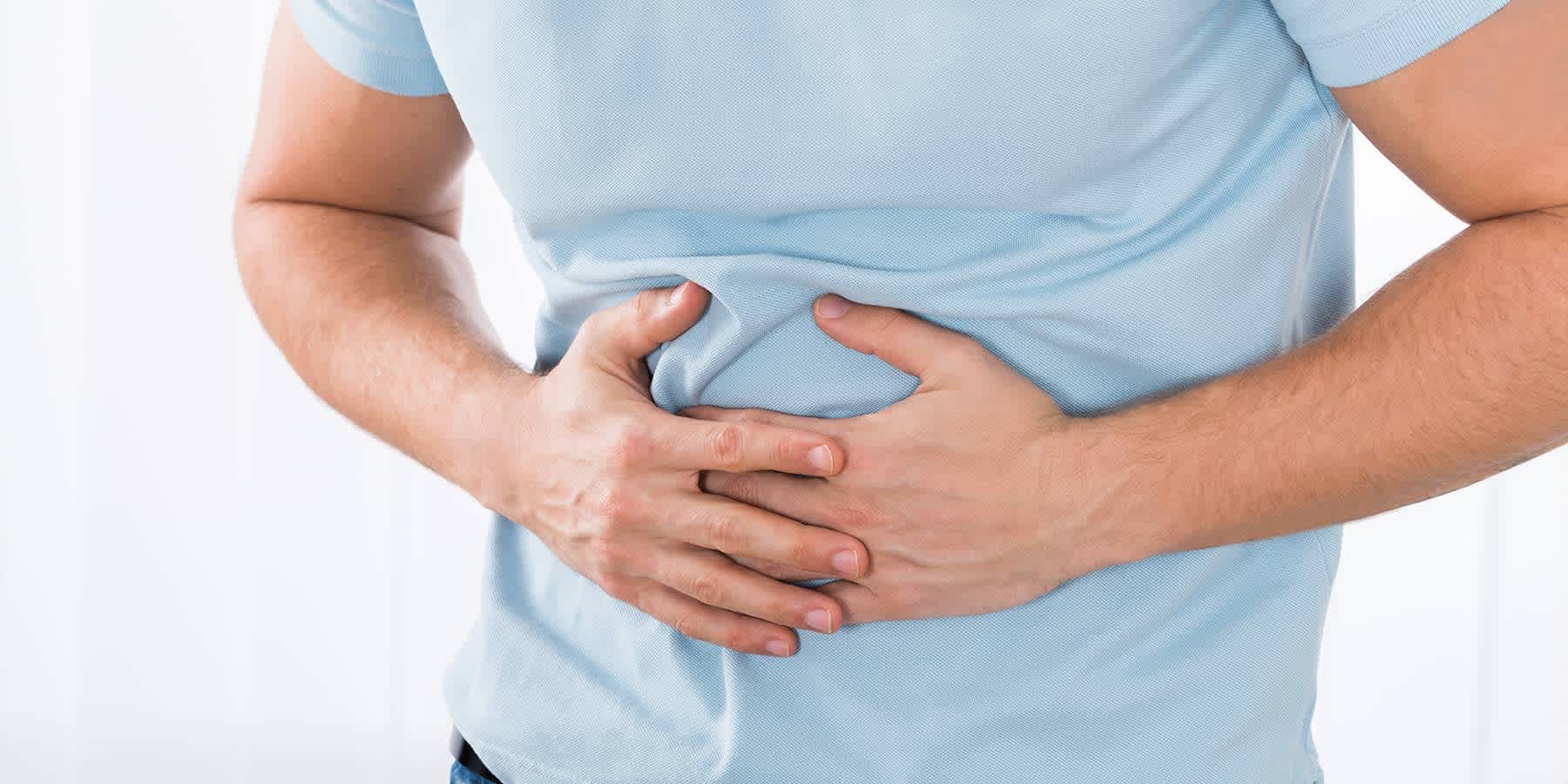What is the difference between bloating vs fat and how to deal with it?
What is the difference between bloating vs fat and how to deal with it?
Blog Article
Recognizing the Difference Between Bloating and Fat: an Important Guide for Digestive Health
Comprehending the difference between bloating and excess body fat is important for any individual concerned with gastrointestinal health and wellness. While bloating presents as a short-lived and usually uncomfortable problem, commonly linked to dietary behaviors or digestion disruptions, body fat stands for an extra irreversible adjustment in one's physique.
Defining Bloating and Fat
Bloating and fat are 2 distinctive physiological sensations that can substantially influence an individual's comfort and body picture. Bloating is normally a short-term incident and can vary throughout the day, often resolving with way of life changes or clinical interventions.
In comparison, body fat is a more permanent and stable component of human physiology, mostly working as an energy reserve and playing essential roles in hormone law and insulation. Body fat is identified into two kinds: subcutaneous fat, which exists simply below the skin, and natural fat, which borders interior organs. While excess body fat can result in wellness complications, it is crucial for general bodily features.

Root Causes Of Bloating

In addition, food intolerances, such as lactose or gluten intolerance, can cause bloating when the body battles to process certain compounds - bloating and fat. Eating too quickly or taking in carbonated beverages can likewise aggravate the problem, as these behaviors introduce excess air right into the digestion system
Lifestyle factors, consisting of stress and anxiety and absence of exercise, can additionally add to bloating by impacting gut motility. Certain medical problems, such as cranky bowel disorder (IBS) or gastrointestinal blockage, may additionally cause persistent bloating. Recognizing these causes is essential for efficiently handling and minimizing bloating, permitting people to make enlightened dietary and way of life options that sustain their digestive health and wellness.
Symptoms of Bloating vs. Fat
Identifying in between the signs and symptoms of bloating and excess fat is crucial for recognizing one's body and resolving pain properly. Bloating generally provides as a feeling of volume or stress in the abdominal area, usually come with by visible distension.
While it may add to a sense of thickness, it generally does not create the severe discomfort associated site link with bloating. Instead, excess fat often tends to accumulate gradually, leading to a change in body shape and size over time.

Acknowledging these differences is important. While bloating is frequently momentary and connected to nutritional aspects or digestive issues, excess fat indicates an extra chronic condition requiring way of life changes. Understanding these signs equips individuals to seek proper options customized to their particular worries relating to digestive health and wellness and body structure.
Handling Bloating
Reliable monitoring of bloating needs a complex method that addresses both nutritional options and way of life habits. It is important to identify and remove particular foods that may trigger bloating, such as those high in fiber, gluten, lactose, or specific fermentable carbs (FODMAPs) Maintaining a food journal can aid identify these triggers and overview changes.
Integrating smaller, more regular meals as opposed to big ones can additionally reduce bloating, as it eases the digestive procedure (bloating and fat). Staying well-hydrated is critical, as enough liquid intake aids food digestion and aids protect against bowel irregularity, which can add to bloating
In addition, taking part in routine physical task promotes stomach mobility and reduces bloating. Easy workouts, such as strolling or yoga, can properly relieve discomfort. Conscious eating techniques, such as eating slowly and chewing food completely, may better enhance food digestion and limit air swallowing.
When to Seek Aid
Identifying when to seek clinical help for bloating is essential, as relentless or check over here extreme symptoms might suggest an underlying wellness concern. If bloating is gone along with by extra concerning signs and symptoms such as substantial stomach pain, unexplained fat burning, anal blood loss, or constant nausea and vomiting, it is necessary to consult a health care expert. These indicators might recommend problems such as irritable digestive tract syndrome, gastrointestinal blockage, or perhaps extra major concerns like cancer.
Moreover, if bloating persists despite nutritional modifications or non-prescription treatments, it calls for more investigation. People with a history of food about his poisonings must be specifically alert, as their risk for difficulties might be higher. In addition, if bloating occurs adhering to the intake of particular foods, it might show food intolerances or allergies that demand nutritional changes or testing.
Final Thought
In recap, distinguishing between bloating and excess body fat is critical for digestion wellness and total wellness. Bloating, a momentary problem usually linked to nutritional aspects and digestion concerns, contrasts sharply with the secure buildup of body fat. Recognizing the symptoms and underlying reasons of each can facilitate proper monitoring approaches. Individuals experiencing consistent or extreme symptoms must seek specialist advice to deal with possible wellness concerns efficiently. Recognizing these distinctions is crucial for educated decision-making relating to health and wellness and way of living.
Report this page